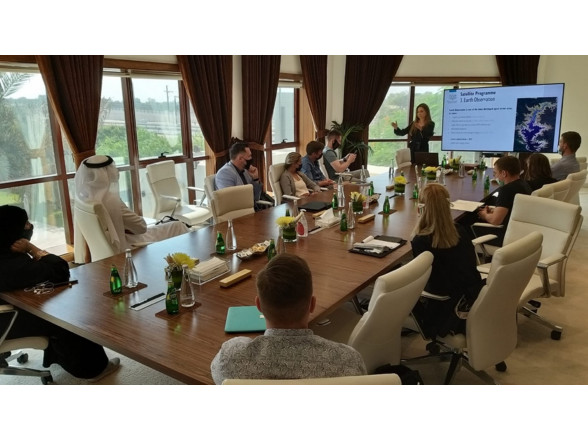In its August issue (#47) and on September 11 online, the business magazine Forbes Latvia published an article about organs-on-chips technology and its developers in Latvia, start-up biotechnology company Cellbox Labs. ISSP UL researchers from the Laboratory of Micro and Nanodevices, Dr.sc.ing. Gatis Mozoļevskis and Dr.sc.ing. Roberts Rimša, together with their colleague PhD Artūrs Ābols from the Latvian Biomedical Research and Study Centre, are the founders of the company.
The organs-on-chips developed by Cellbox Labs will help improve the effectiveness of medicines and reduce toxicity during the testing stage. This technology also makes it possible to use fewer animals in research, which is a goal for Europe and the whole world.
Cellbox Labs is developing so-called organs-on-a-chip technology - miniature replicas of organs outside the human body or in vitro test models that can be used to test various biological processes and drugs. The device is called a chip because it uses semiconductor technology - as in a phone. In the case of Cellbox Labs, it is a plastic chip the size of a credit card, with very small microchannels - from 200 microns to one millimeter - stacked on top of each other.
The idea for organs-on-a-chips first came to Cellbox Labs founders in 2019. At that time, researchers from both institutions - the Latvian Biomedical Research and Study Center and the ISSP UL- started working together. Cellbox Labs acquired the patent rights to a technology developed at the ISSP UL that enables faster, cheaper, and more efficient toxicity and efficacy testing of drugs at the pre-clinical stage.
The company is based at the ISSP UL, where modern laboratories and the equipment for its team are available. The core team currently consists of eight people, but with partners helping in different areas, the number of people involved is twice as big.



